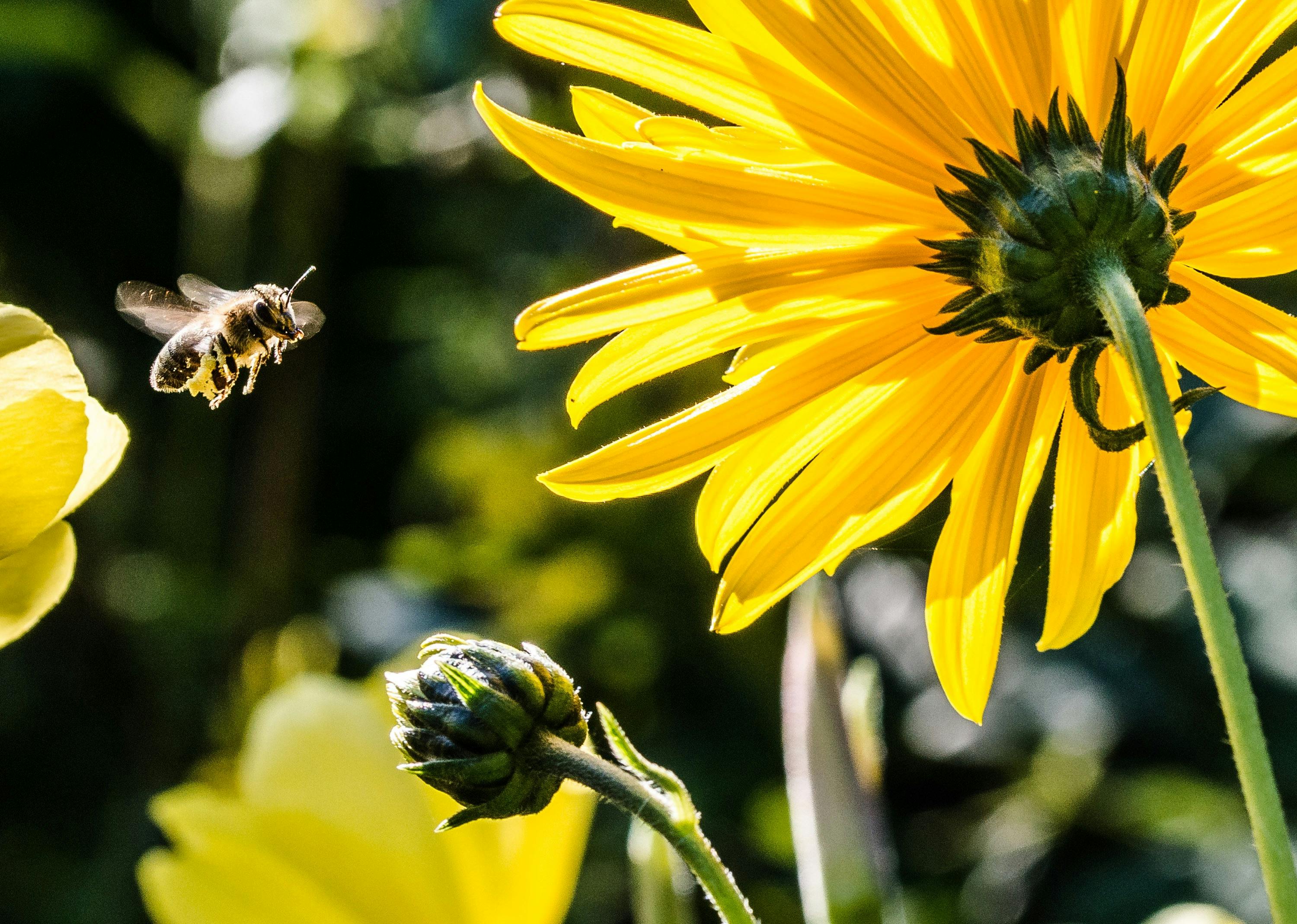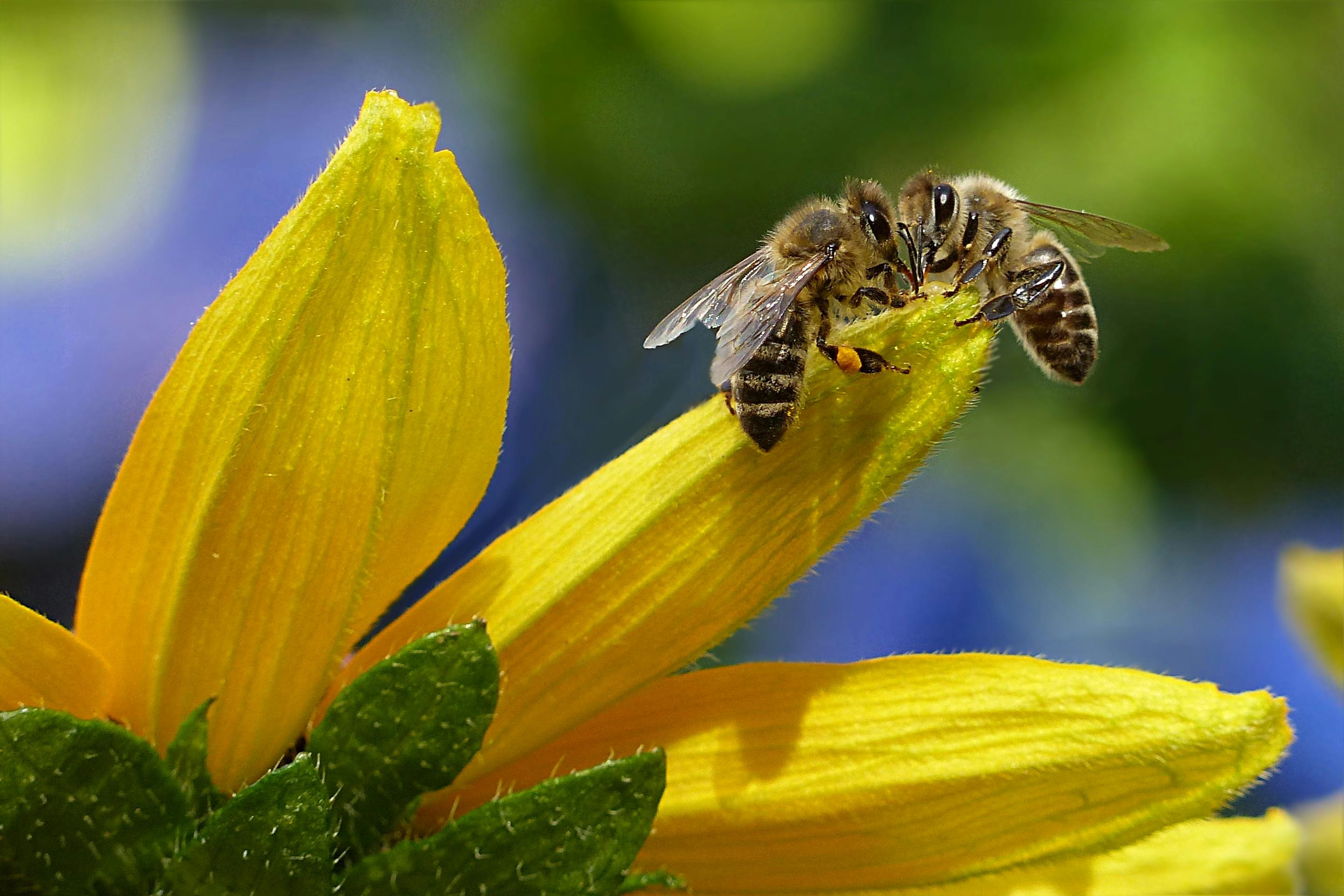
WorldFAIR Guidelines for implementing Geochemistry FIPs (D5.3)
Prent, Alexander; Farrington, Rebecca; Wyborn, Lesley; Nixon, Angus; Elger, Kirsten; Klöcking, Marthe; Hezel, Dominik; Lehnert Kerstin As a long-tail scientific discipline with highly specific and heterogeneous analytical methods, the geochemistry […]

WorldFAIR Geochemistry Methodology and Outreach (D5.2)
Prent Alexander, Wyborn Lesley, Farrington Rebecca Together with the earlier WorldFAIR Milestone 6, this D5.2 report focuses on advocating the utility and significance of FAIR Implementation Profiles (FIPs) for the […]

New WorldFAIR Project reports now available
As we approach the final stages and months of the project, our partners are now preparing their final reports and recommendations. February saw the publication of six new reports from […]

WorldFAIR (D4.2) FAIRification of nanoinformatics tools and models recommendations
Nanomaterials, with properties of both chemicals and particles, offer exciting opportunities in a range of industrial and consumer applications, from sensing and diagnostics to precision medicine and agriculture. Paradoxically, the […]

WorldFAIR (D10.2) Agricultural Biodiversity Standards, Best Practices and Guidelines Recommendations: Tutorial
Gonzalez-Vaquero Rocio Ana et al. Although plant-pollinator datasets have become available worldwide, most of these datasets are published as supplementary files of research articles in a diversity of formats (WorldFAIR […]

WorldFAIR Agricultural Biodiversity Standards, Best Practices and Guidelines Recommendations (D10.2)
Drucker Debora et al. The WorldFAIR Case Study on Agricultural Biodiversity (WP10) addresses the challenges of advancing interoperability and mobilising plant-pollinator interactions data for reuse. Previous efforts, reported in Deliverable […]

WorldFAIR Training Package: FAIR Chemistry Cookbook (D3.2)
Chalk Stuart, Munday Sam, Kroenlein Ken, McEwen Leah, Mustafa Fatima The International Union of Pure and Applied Chemistry (IUPAC) has initiated a community project through the WorldFAIR Initiative to develop […]

WorldFAIR Agricultural biodiversity FAIR data assessment rubrics (D10.3)
Drucker Debora Pignatari, Salim Jose Augusto, Poelen Jorrit, Soares Filipi Miranda, Gonzalez-Vaquero, Rocio Ana, Devoto Mariano, Ollerton Jeff, Kasina, Muo, Carvalheiro, Luísa Gigante, Carvalheiro, Luísa Gigante, Bergamo Pedro Joaquim, Alves […]

WorldFAIR Pilot Testing Harmonisation Workflows (D6.3)
McEachern, Steven, Orten, Hilde, Perry, Ryan, Strand, Kristina The Social Surveys Work Package (WP06) of the WorldFAIR project is focussed on the improvement of FAIR practices in the management of […]

International Love Data Week, February 12-16, 2024
Love Data Week is an international celebration of data, taking place every year during the week of Valentine’s day in person and locally around the world. Universities, nonprofit organizations, government […]


You must be logged in to post a comment.